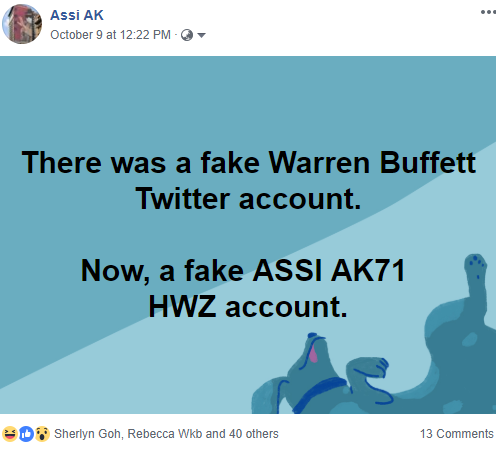I had expected some form of equity fund raising and although I was hoping that it would be a rights issue, I was not surprised that a private placement has been chosen instead. It is more expeditious, after all.
However, it does not mean that I am happy about it since, in all likelihood, I won't be one of those "other investors" who would be offered new units in the Trust to be priced between 89c and 92c per unit. What? Unit price was about $1.00 when you last looked? Wow! 89c would be a steal, wouldn't it? Bummer.
Anyway, the acquisition of the new (freehold) mall, ONE'S MALL, in Greater Tokyo will cost about S$132.5 million.
The private placement is expected to raise S$70.2 million to S$72.6 million. The Trust will also be drawing upon a Japanese local bank loan for most of the shortfall (equivalent to S$74.1 million) at an interest rate of 1.29% per annum. I like the natural hedge that comes with this and also the very low interest rate.
A much smaller amount of S$6 million will be drawn from the Fixed Rate Notes issued in January this year. To utilise funds from the Fixed Rate Notes minimally is a good move as it attracts a higher interest rate of 4.6% and it is also denominated in S$. So, there will be some FOREX risk but it will be miniscule here with only S$6 million drawn.
Overall, income distribution per unit (DPU) is not expected to receive much of a boost with this acquisition because it is half funded by the private placement. Expect an increase of only 0.2% in DPU. Expect NAV/unit to increase by only 0.1%.
What about gearing level? As the purchase is about half funded by the private placement, gearing level stays more or less unchanged, reducing from 51.7% to 50.5%.
Nothing to be too excited about.
See announcement: here and here.
Related post:
Croesus Retail Trust: 4Q FY2014 DPU improved.





















